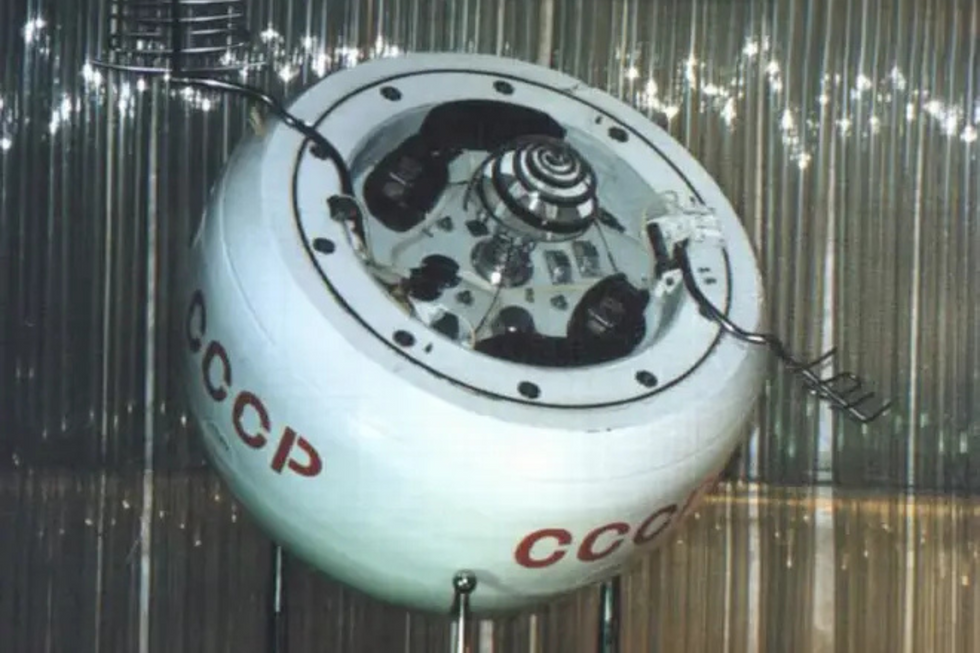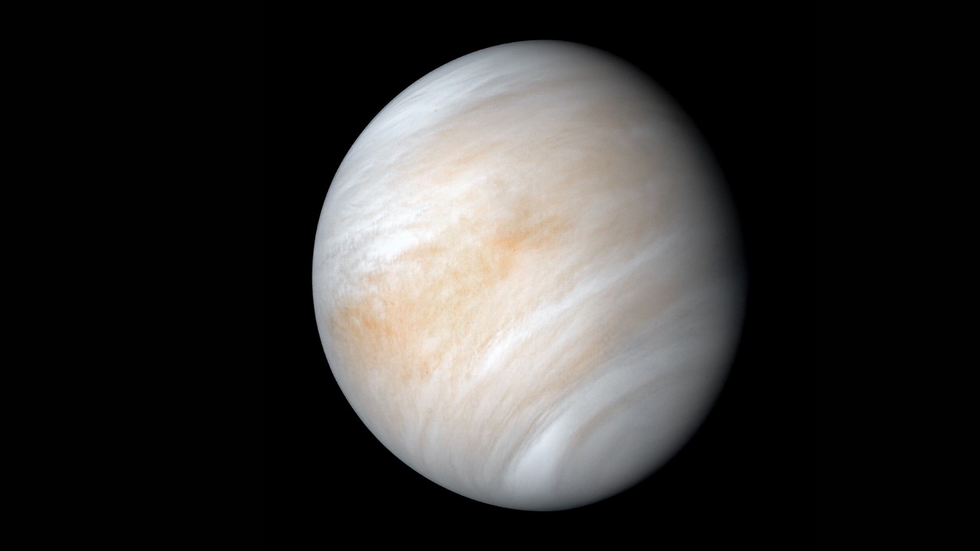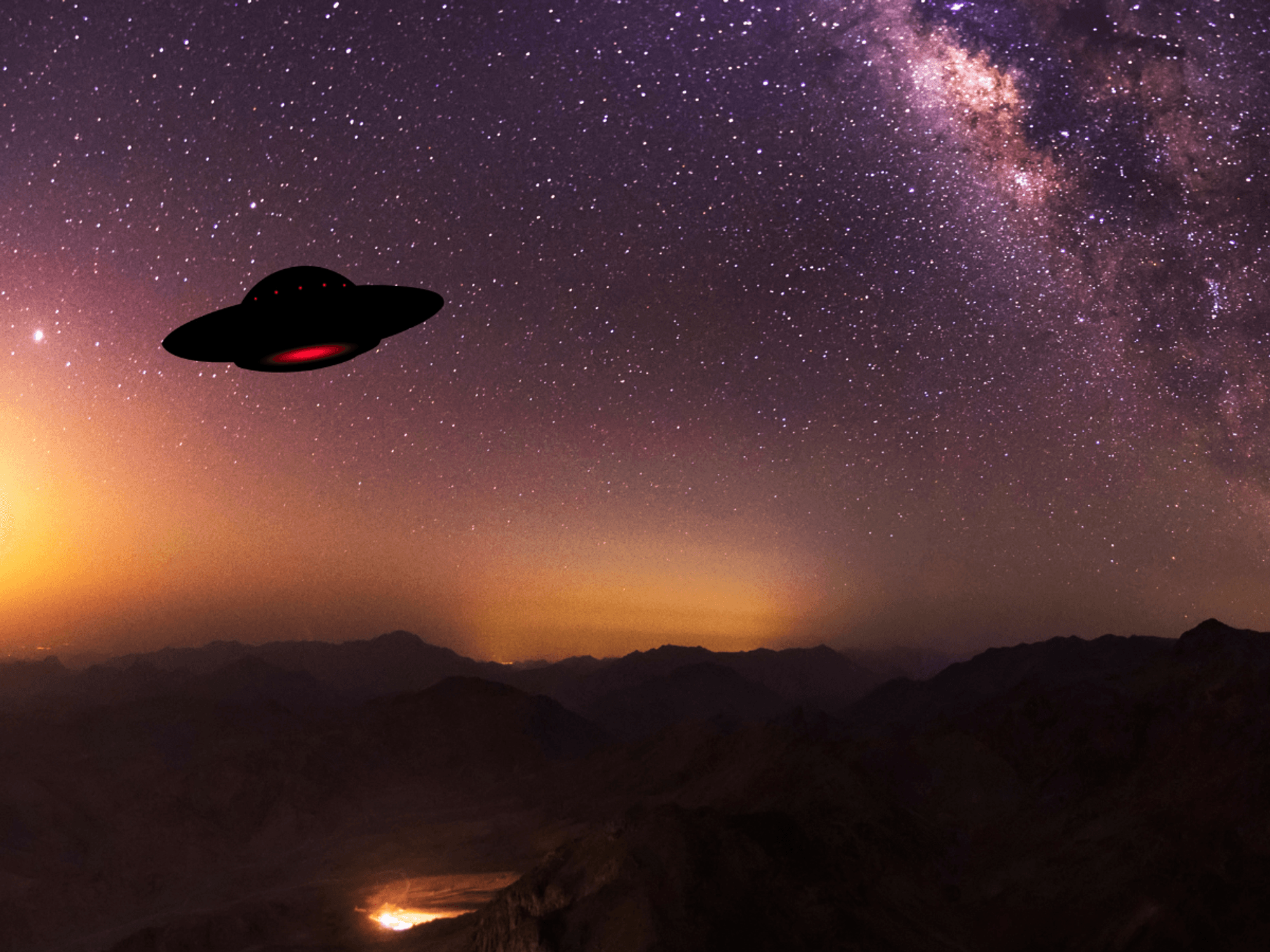Out-of-control spaceship crashes into Earth after over 50 years in space

Kosmos-482 Out-of-control spaceship crashes into Earth after over 50 years in space |
GB News

The ship was designed to land on Venus, but never left Earth's orbit
Don't Miss
Most Read
Latest
An out-of-control Russian spacecraft has likely plummeted to Earth after more than five decades in space, experts say.
The European Space Agency reports that Kosmos-482 was not detected during its most recent pass over radar in Germany.
The Soviet spacecraft was launched in 1972 as part of the USSR's Venera programme, with the original mission of studying Venus.
A rocket malfunction left it stranded in Earth's orbit, where it has remained for 53 years.

An out-of-control Russian spacecraft has likely plummeted to Earth after more than five decades in space, experts say
| GETTYThe spherical craft, measuring 3ft wide, was designed to land on Venus but never left Earth's orbit due to technical problems during launch.
Gravity has been gradually pulling the spacecraft closer to Earth, finally causing its apparent re-entry.
The spacecraft weighs nearly 500kgs and is constructed from titanium, making it particularly durable.
Scientists believe that while much of it will burn up, some parts could survive the heat and impact of re-entry.
LATEST DEVELOPMENTS:
 The spacecraft is set to hit at a staggering speed of 17,000mph as it hurtles down towards the ground | NASA
The spacecraft is set to hit at a staggering speed of 17,000mph as it hurtles down towards the ground | NASAKosmos-482 was specifically designed to withstand the extreme conditions on Venus, where surface temperatures reach around 460C.
This robust design may have helped it survive descent through Earth's atmosphere rather than breaking up like many other uncontrolled re-entries.
Dutch scientist Marco Langbroek estimated the impact speed at 150mph if the spacecraft remained intact.
The spacecraft's parachutes and power systems stopped working decades ago, with its batteries long dead.
 The craft has been orbiting Earth since a failed mission to Venus in 1972 | NASA
The craft has been orbiting Earth since a failed mission to Venus in 1972 | NASAMost forecasts suggested it would likely fall over an ocean or an uninhabited region, with Experts claiming the chances of the spacecraft hitting a populated area were "infinitesimally small," according to University of Colorado Boulder scientist Marcin Pilinski.
Pilinski said: "While we can anticipate that most of this object will not burn up in the atmosphere during re-entry, it may be severely damaged on impact."
The exact time and location of the spacecraft's landing remain unclear due to solar activity and the craft's aged condition.
However, it is believed that the vessel has already landed as predictions pointed to a re-entry around 9am early Saturday morning.
Under the United Nations Outer Space Treaty, any surviving wreckage legally belongs to Russia.










